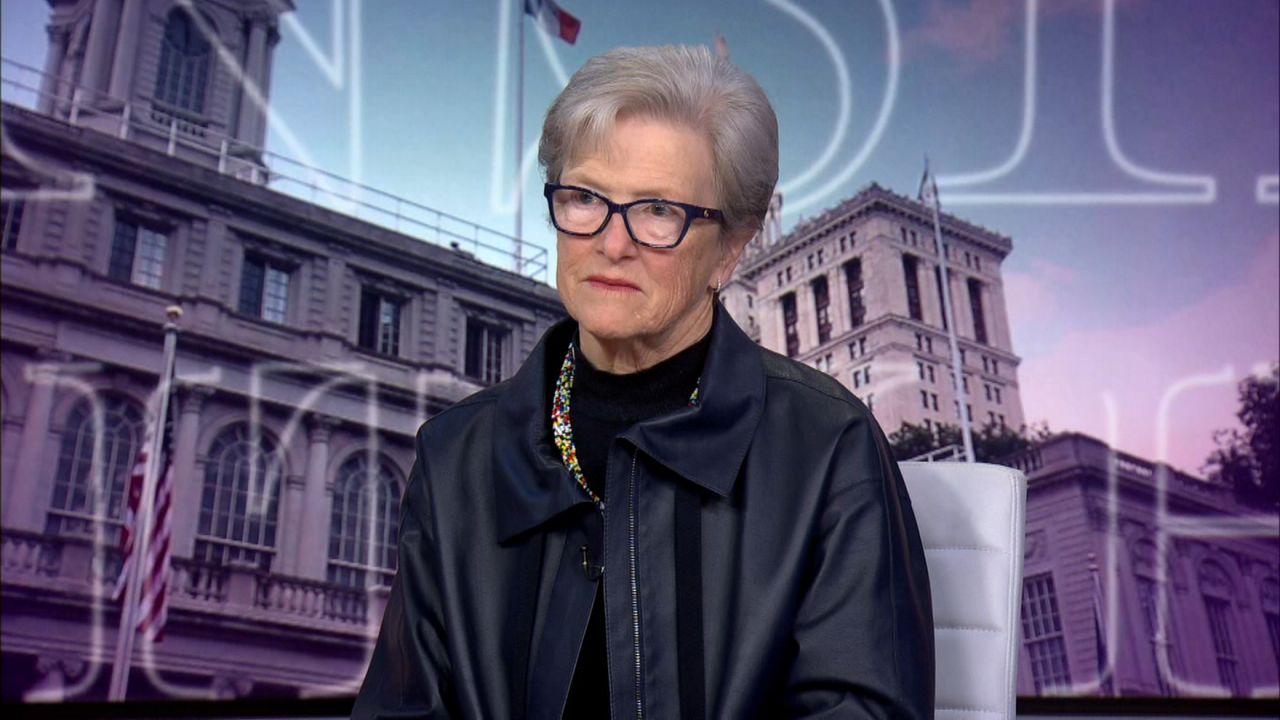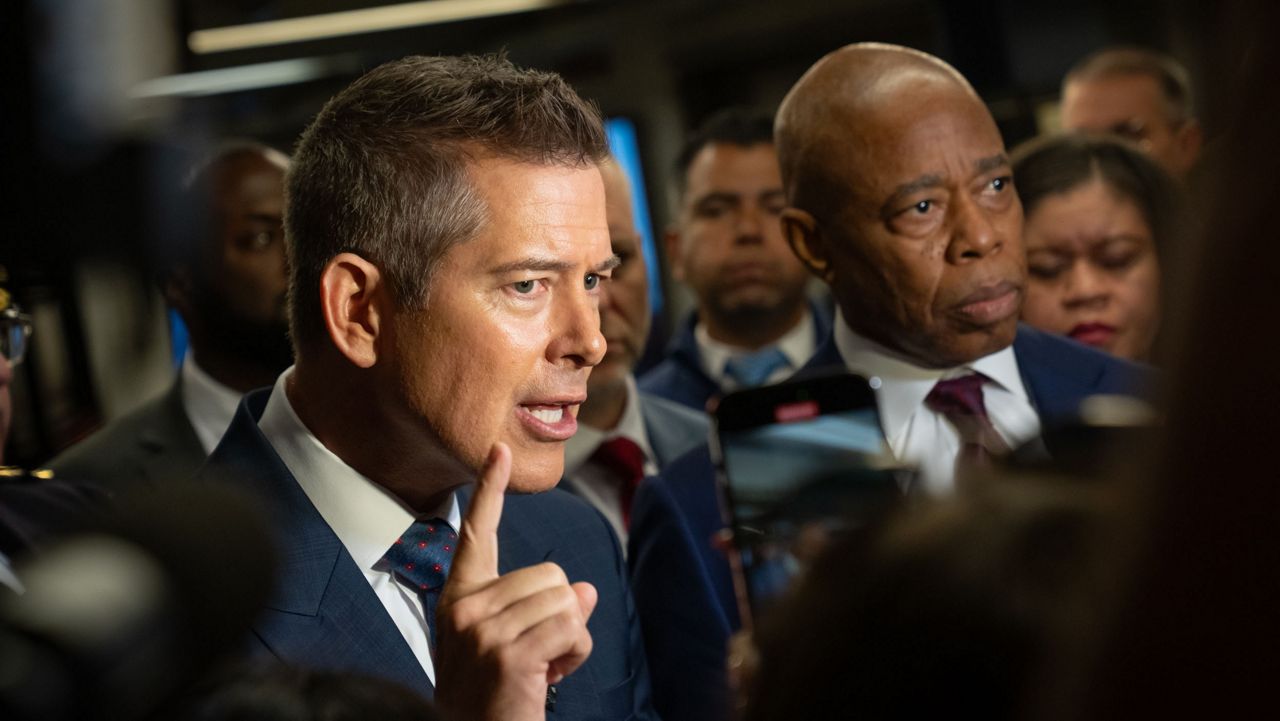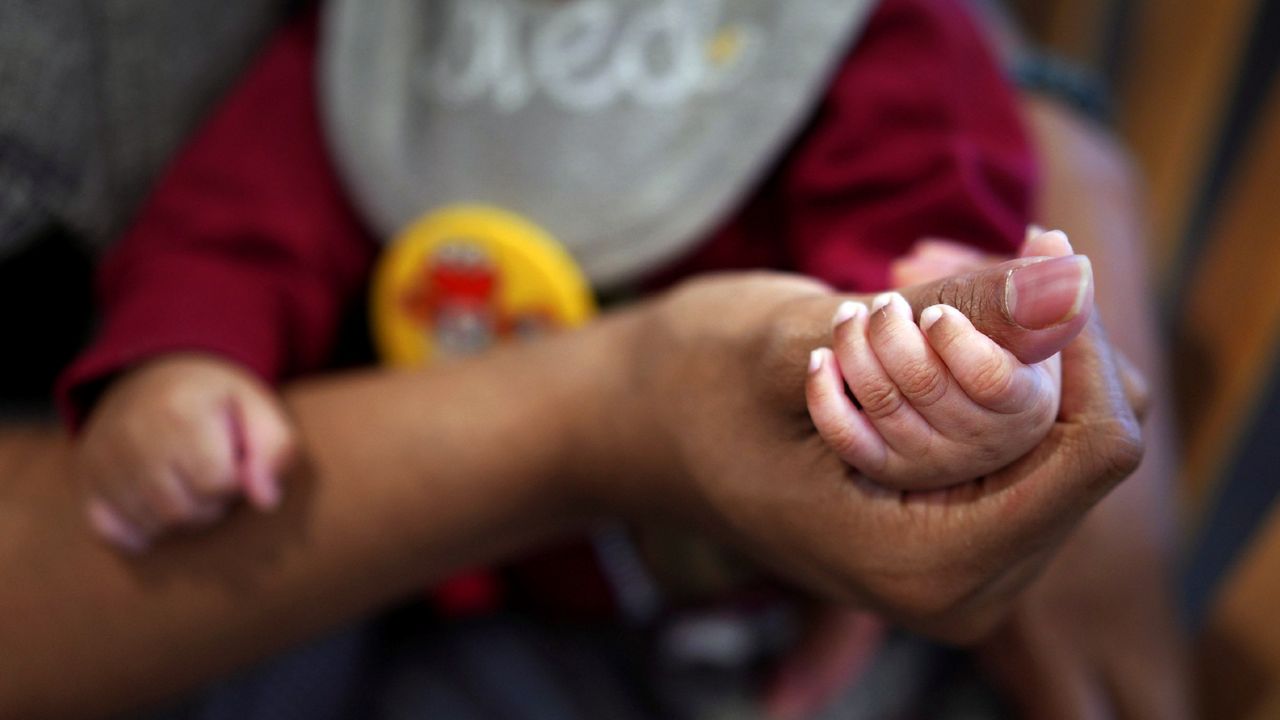On the campaign trail, then-candidate Donald Trump pledged his administration would begin mass deportations of undocumented immigrants if elected. Hours after it was declared he would return to the White House in 2025, reporting confirmed that could begin on day one.
“We have to let them come back in, but they have to come in legally,” he said in the early morning hours Wednesday during his victory speech.
While it remains to be seen logistically how the Trump administration would conduct the mass deportations, the way immigration works in the United States could dramatically change, said Ed Cuccia, an immigration lawyer in Manhattan.
“We’re afraid DACA might be gone. We’re afraid the Biden PIP, the parole-in-place program, might be gone," he said. "He already has tried to remove military parole in place. We’re afraid asylum laws might be radically reconfigured.”
Cuccia said because immigration judges fall underneath the umbrella of the Department of Justice, the rules for how they can rule on cases can be heavily influenced by policies set forward by the White House. Syracuse University tracks the rate for immigration judges denying asylum cases. In some cases, there is a dramatic difference between those numbers between different presidential administrations.
While Cuccia said he agreed with a lot of the changes made by the Biden administration, he said not all of the policies have worked when it comes to immigration.
One example he gave is prosecutorial discretion, which allows federal lawyers "to decide how they want to proceed on an individual case, such as agreeing to remove a case from the immigration court docket through dismissal or administrative closure or agreeing to stipulations on issues such as relief, bond, or continuances."
Cuccia said while it's applied on a case-by-case basis, he thinks it has been applied too frequently at times. He said he has had clients already ordered deported whose cases, through prosecutorial discretion, were ultimately dismissed, allowing his clients to stay in the country without status or an active deportation order.
Looking ahead, Cuccia said the decisions made in Washington, D.C. could ultimately impact a lot of his clients.
One of his clients, who asked to remain anonymous out of fear of being deported, said she was closely watching the election results.
“[My son and I] were watching the television until midnight,” she said.
She came to the United States 20 years ago from Malaysia and overstayed her visitor visa. She worked and sent money back home to family.
But life changed not long after she arrived with the birth of her son in the U.S. And it changed again when he started developing health and neurological problems.
“Everything is done by me to support him," she said. "Every single stuff.”
She is in deportation proceedings, but Cuccia said he has been trying to get her hardship status, so she can continue helping to care for her American citizen son, who’s now 19.
But he said her case hasn’t been heard by an immigration judge for five years now.
It's part of a backlog of more than 250,000 immigration cases at 26 Federal Plaza, according to data from Syracuse University.
Now, Cuccia said her case could be in jeopardy all together.
“She is crying out for help and the fact is under President Biden she would receive it, but under President Trump, she won’t,” he said.
Immigration was a top issue driving New York Republicans to the polls this week, according to data obtained by NY1.
When asked by NY1 how he responds to New Yorkers who understand people want better lives economically, but want them to do so legally, he said the answer is easy.
"People are different. You have Mr. A who perhaps does not have a sympathetic case, but Mr. B who does," he said. "Not everyone maybe deserves it, but some people do. To make these blanket determinations is ridiculous."
He said he believes his client from Malaysia would fall under the category of someone who deserves that nuance.
But now, she said, she doesn't know what will happen in the months ahead, worried she could be forced to leave her son, alone and unable to help himself.
“Even though I’m taking him to the hospital, it’s risky and we don’t know. I’m undocumented,” she said.











